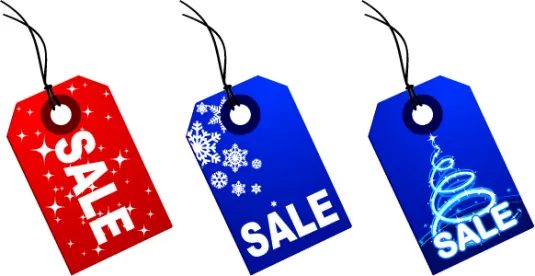The Federal Circuit Court of Appeals has been a consistent punching bag for the Supreme Court over the past ten or so years. The high court has repeatedly reversed the Federal Circuit in key decisions such as Alice Corp. v. CLS Bank Int’l, 573 U.S. 208 (2014) (patentable subject matter), TC Heartland LLC v. Kraft Foods Group Brands LLC, (venue in patent infringement cases), SCA Hygiene Products Aktiebolag v. First Quality Baby Products, LLC (laches), and Impression Products, Inc. v. Lexmark Int’l, Inc. (exhaustion). In what will be scrutinized as a potential turning of the tide, on January 22, 2019, the Court unanimously affirmed the Federal Circuit in Helsinn Healthcare S.A. v. Teva Pharma. USA, Inc., a closely watched appeal regarding the parameters of the on-sale bar under 35 U.S.C. § 102(a).
The case hinged on interpretation of section 102(a) following its amendment through the America Invents Act (AIA). Before the AIA’s effective date, the on-sale bar was found in section 102(b), excerpted here along with former section 102(a) for context:
A person shall be entitled to a patent unless —
(a) the invention was known or used by others in this country, or patented or described in a printed publication in this or a foreign country, before the invention thereof by the applicant for patent, or
(b) the invention was patented or described in a printed publication in this or a foreign country or in public use or on sale in this country, more than one year prior to the date of the application for patent in the United States. (Emphasis added.)
The AIA amended section 102(a) to include the on-sale bar there:
A person shall be entitled to a patent unless … the claimed invention was patented, described in a printed publication, or in public use, on sale, or otherwise available to the public before the effective filing date of the claimed invention. (Emphasis added.)
In the underlying case, drug innovator Helsinn has sued Teva in response to the latter’s filing of an abbreviated new drug application (ANDA) under the Hatch-Waxman Act. Teva asserted that the patent-in-suit was invalid because a drug embodying the claimed invention (antinausea medication for chemotherapy patients) was on sale before the date of the post-AIA patent application. Helsinn contended that the sale did not come under section 102(a)’s ambit because the sale was a private one, the details of which had not been disclosed. The district court agreed with Helsinn. The Federal Circuit did not and reversed.
In its arguments to preserve validity, Helsinn focused on the text of amended section 102(a), particularly the addition of the highlighted text here: “ … the claimed invention was patented, described in a printed publication, or in public use, on sale, or otherwise available to the public before the effective filing date.” This addition, Helsinn argued, demonstrates that even if private sales could trigger the on-sale bar pre-AIA, only public sales trigger the bar post-AIA.
Writing for the unanimous Court, Justice Thomas (who appears to be the Court’s “designated justice” for patent related opinions) observed that pre-AIA, the Court’s decisions consistently “suggest that a sale or offer of sale need not make an invention available to the public.” The Federal Circuit, meanwhile, had “made explicit what was implicit in our precedents. It has long held that ‘secret sales’ can invalidate a patent.” The issue for determination, therefore, was whether Congress’s AIA amendment changed that “settled” interpretation of “on sale.”
Because the language of the on-sale bar itself did not change, the Court’s precedents require a presumption that Congress adopted the earlier judicial constructions of that language. Parrying Helsinn’s arguments, the Court held that “[t]he addition of ‘or otherwise available to the public’ is simply not enough of a change for us to conclude that Congress intended to alter the meaning of the reenacted term ‘on sale.’”
Moving forward, parties should assume that any sale of an invention, or of a product embodying an invention, that occurs before the filing of a patent application will be invalid.
And moving forward, whether Helsinn portends a lower reversal rate for the Federal Circuit bears attention.




 />i
/>i


